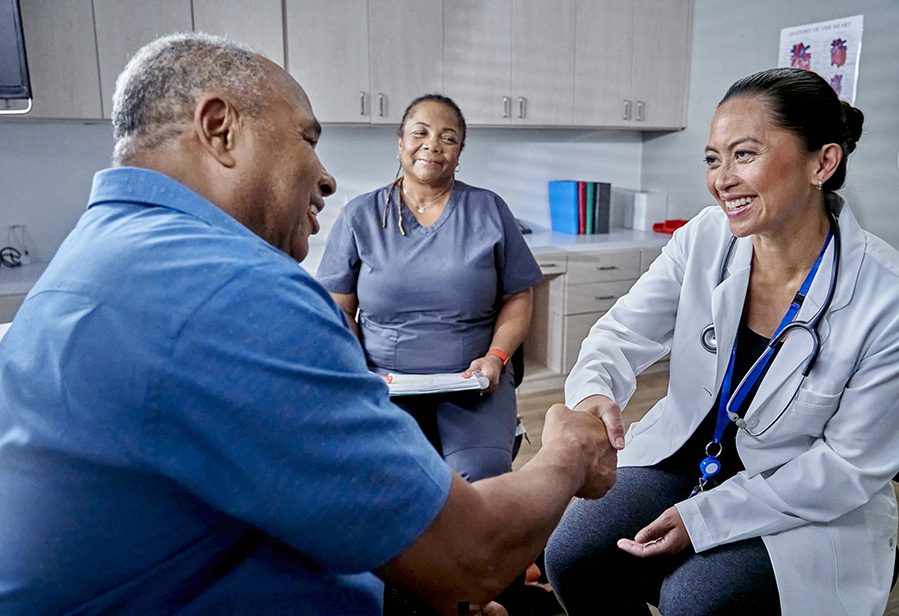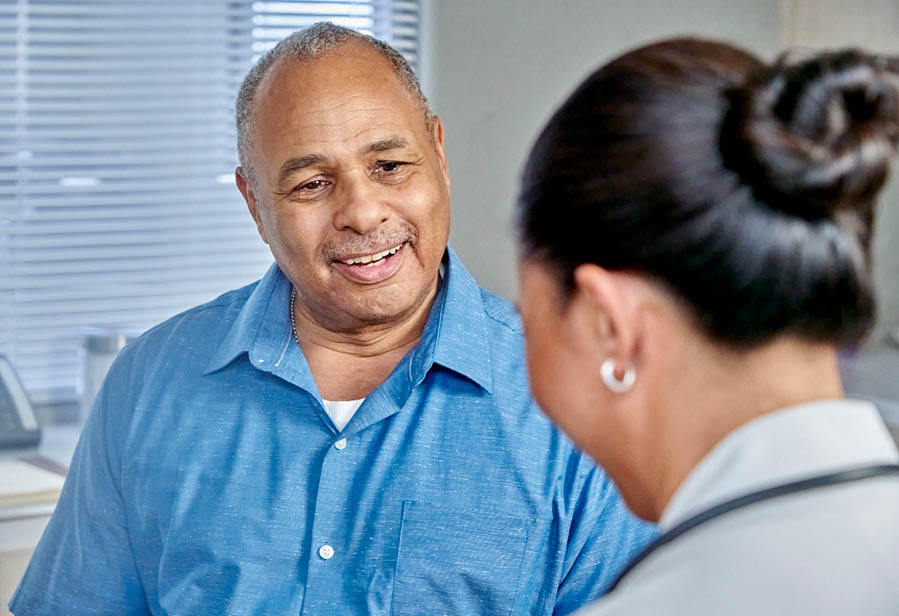The desert is not a forgiving place in the summer. Temperatures can hit extreme highs, and people can suffer from several issues when faced with the intense heat. Heat stroke, heat exhaustion, and heat cramps are just some examples of heat-related illnesses one can face. Here are some things to look out for when dealing with the extreme heat.

Warning Signs
There are several warning signs when one is facing a heat-related illness. Some symptoms of heat-related illnesses include heavy sweating, headache, a fast and strong pulse, and nausea.
One of the key differences between heat stroke and heat exhaustion is the temperature of the skin. Cold, clammy, pale skin are signs of heat exhaustion, while a body temperature of 103°F or higher and red, hot, dry, or damp skin are signs of heat stroke. Call 9-1-1 if you or someone with you shows these signs of heat stroke, including confusion, seizure, or loss of consciousness. In both cases, it is suggested that the person move to a cooler location. If someone is suffering from heat exhaustion, consult immediate medical attention if they vomit, symptoms get worse, or if symptoms last longer than an hour after moving to a cool place.
Heat can also have an adverse effect on the skin. Sunburn will appear on exposed areas in the form of inflamed red, warm skin, while heat rashes will result in red clusters of small blisters that look like pimples. In the case of sunburn, do not break any blisters that appear and use aloe vera lotion on sunburned areas. In the case of a heat rash, keep the rash dry and use baby powder to soothe it.
What to Do to Avoid Heat-Related Illness
The first tip is to stay hydrated. Staying hydrated is vital when temperatures rise. Avoid sugary drinks and alcohol, however, because those can cause your body to dehydrate quickly and can also cause stomach cramps. Also, keep in mind that sweating expels salt and other minerals that are important for your body to function. Electrolyte drinks or salt tablets can help replace these essential minerals. Those who are diabetic, have high blood pressure, or follow a low-salt diet should speak with their provider before adding sports beverages or salt replacement tablets to their diets.
Planning outdoor activities can also go a long way in preventing heat-related illness. Avoid running errands when the sun and heat are highest, and reserve outdoor activities for the early morning or later in the evening. Utilizing shade is also suggested if you will be outdoors. If you are going outside, pace yourself and take breaks in the shade, especially if you feel yourself getting weak. Wearing light colors and loose-fitting clothing will also help, and, of course, wear sunscreen to protect your skin and avoid sunburn.
The last tip is to stay informed by paying attention to extreme heat alerts and to know the warning signs of heat stroke, heat exhaustion, and other heat-related illnesses.
*This article is for informational purposes only and is not intended to be a substitute for medical advice or diagnosis from a physician or qualified healthcare professional.





